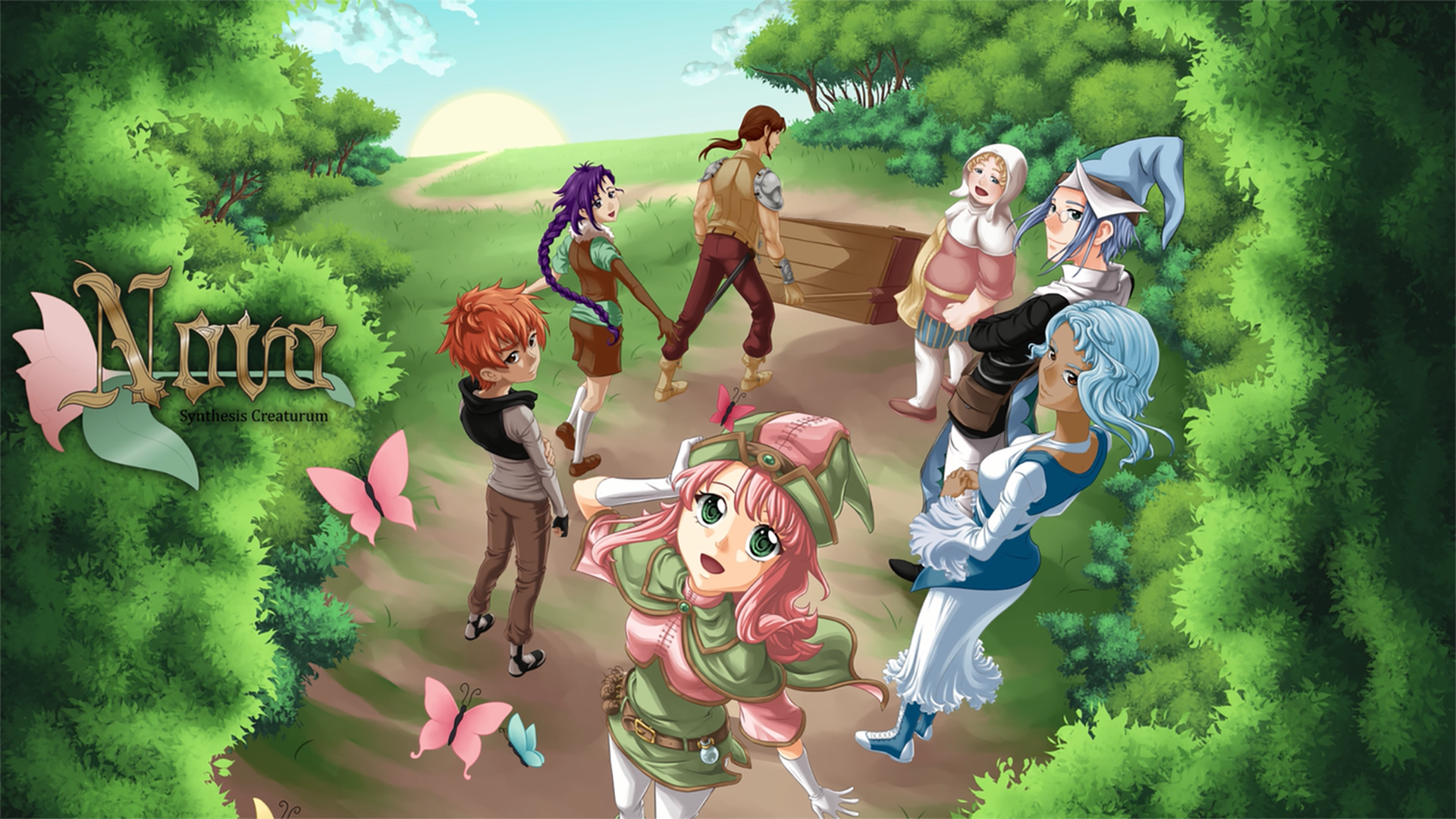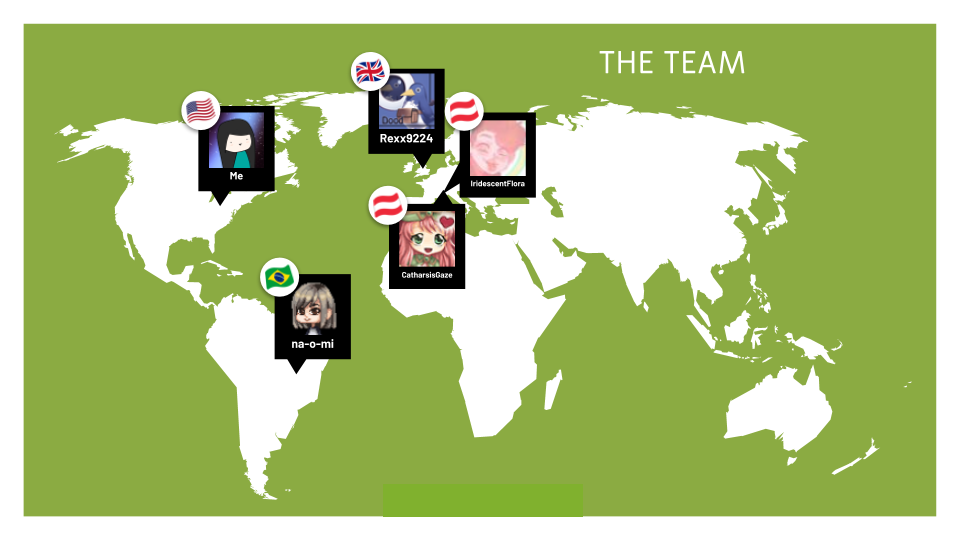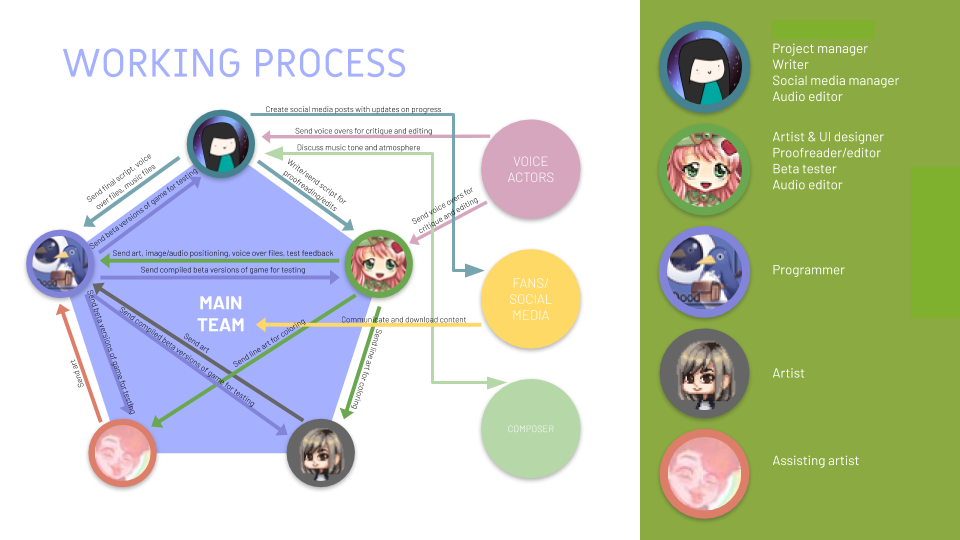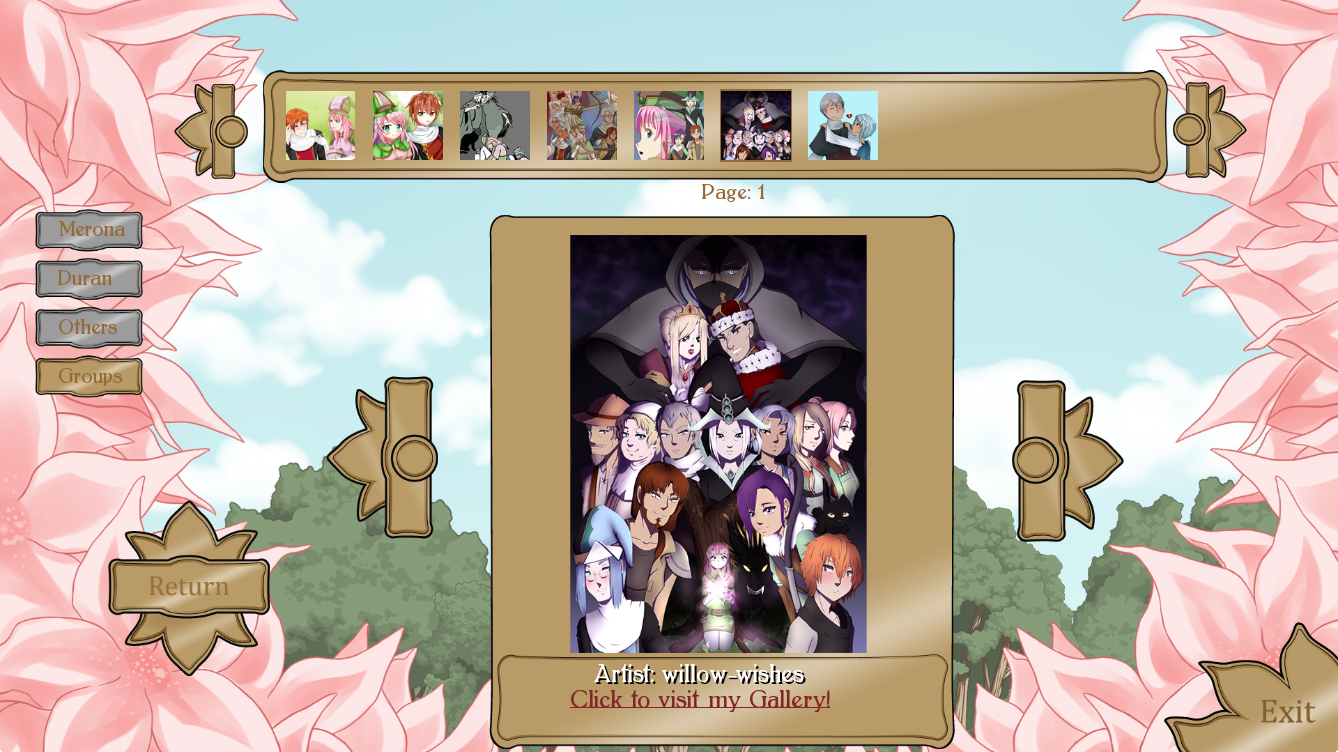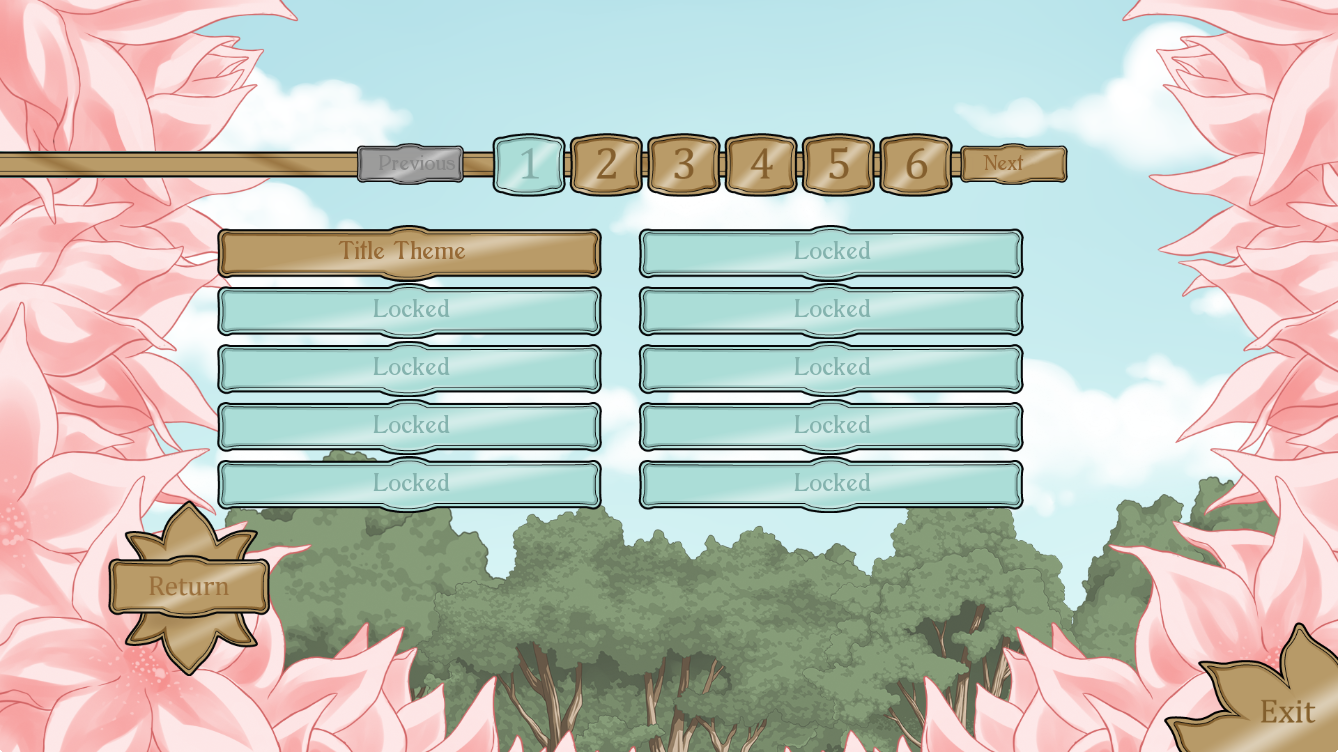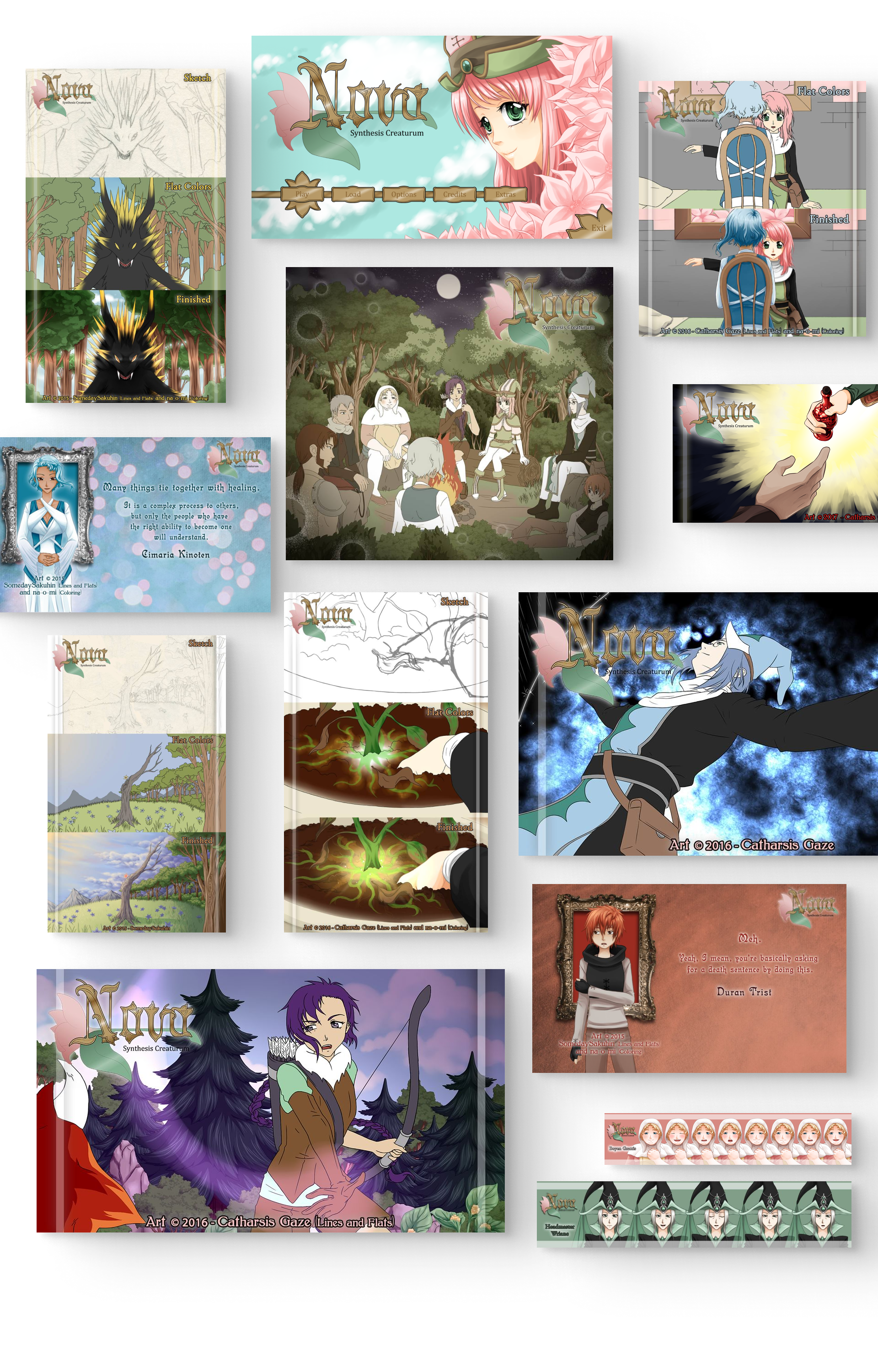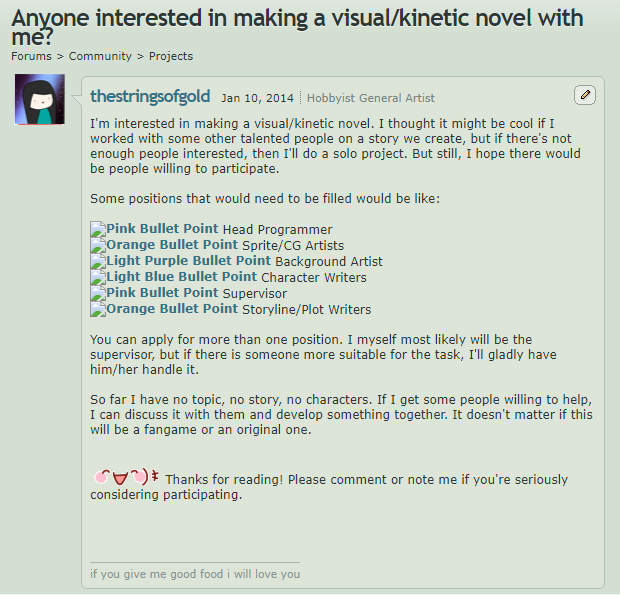Nova: Synthesis Creaturum
Visual Novel Game Development
Duration
Jan 2014 –Key Skills
Project Management, Creative Writing, Cross-functional TeamworkThe Team
My Role
Founder, Project Manager, Writer“A visual novel is an interactive game genre, which originated in Japan in the early 1990s, featuring mostly static graphics, most often using anime-style art or occasionally live-action stills (and sometimes video footage). As the name might suggest, they resemble mixed-media novels.”
As a personal fan of visual novels, I struggled with finding more that were available in English. There was definitely a growing demand—I saw more and more Japanese titles fan-translated into English in my personal search, but I still felt unsatisfied with the present titles available, especially for adolescent players.

